Government promises to halve sewage pollution in next five years
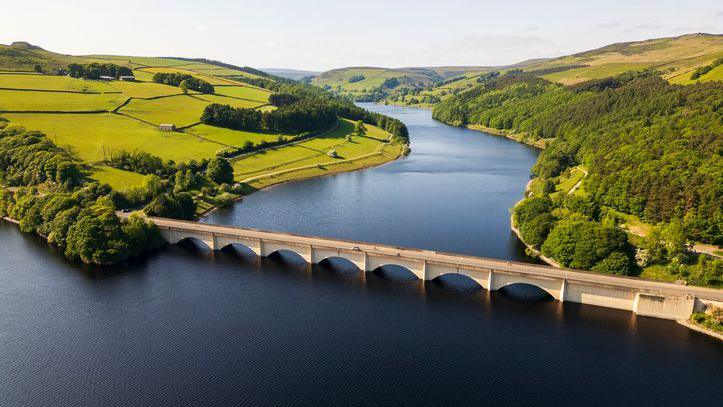
- Published
The UK government has promised to cut sewage pollution from water companies in half by 2030.
The pledge, made by Environment Secretary Steve Reed, comes as a report looking into how water companies in England and Wales work has been released.
The independent report looked at things like increased sewage spills and higher water bills for households.
It has made a number of recommendations to change how water companies in England and Wales work in the future.
More like this
- Published17 December 2024
- Published14 June 2024
- Published16 May 2024
What has the government announced?
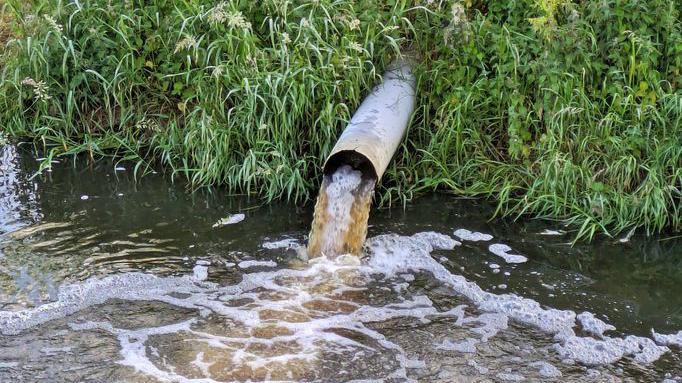
The pledge to halve sewage spills by 2030 relates to 2024 levels, which was a record year for the duration of spills.
Mr Reed said: "Families have watched their local rivers, coastlines and lakes suffer from record levels of pollution.
"My pledge to you: the Government will halve sewage pollution from water companies by the end of the decade."
Sewage is the waste that comes from our toilets, baths, showers, and sinks.
It goes through a network of pipes and ends up in a sewage treatment works. This is where the wastewater is cleaned, so it can safely go back into our rivers and seas.
Sometimes, if it's raining a lot, sewage treatment works can become overwhelmed with wastewater and sewage.
When this happens, water companies have permission to release some raw sewage - that's sewage that hasn't been treated yet - back into rivers and seas.
Last year, sewage was released into England's rivers and seas for 3.6 million hours in total, and the number of recorded spills stood at around 450,000.
The Environment Minister Steve Reed said the announcement marks the first time ministers have set a clear target on reducing sewage pollution.
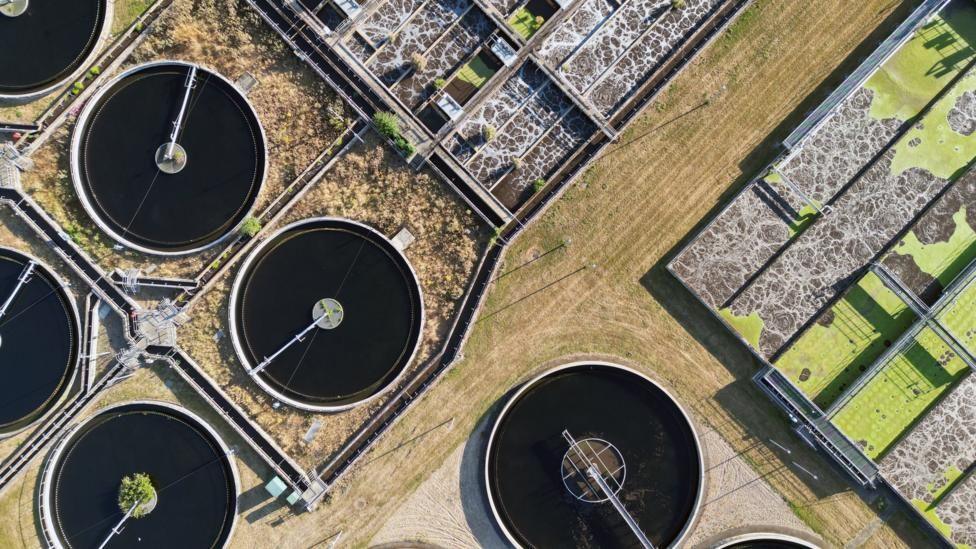
A water treatment plant
The Government also announced plans for £104 billion to be invested into upgrading damaged pipes and building new treatment works.
However, other political parties have criticised the plans and say that more needs to done to stop water bills from rising.
Conservative shadow environment secretary Victoria Atkins said: "Labour came to power with big promises to reform the water system, but so far, they have simply copied previous Conservative government policy and have done nothing to stop water bill rises.
"Labour must be transparent about where the £104 billion investment is coming from as some will come through customer bill rises," Ms Atkins added.
What has the report recommended?
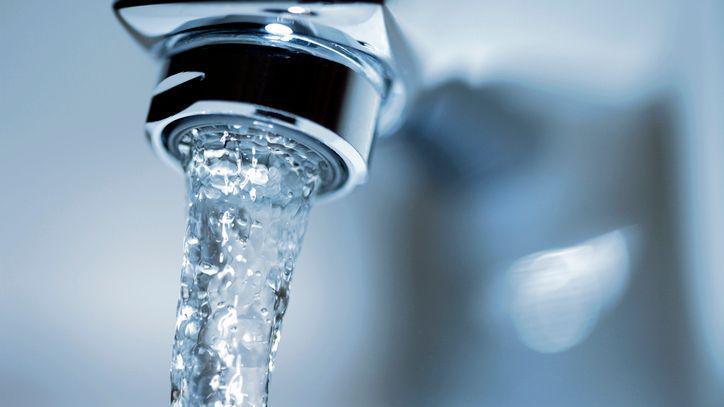
An increasing number of sewage spillages and the rising cost of water bills led to the investigation by the independent Water Commission.
The report has made 88 recommendations to change the water industry in England and Wales.
As a result of the report, the government has announced plans to close water regulator Ofwat.
Regulation is a way of keeping water companies in check to make sure they deliver for billpayers and the environment.
But the government says Ofwat have not done enough to hold water companies to account.
Environment Secretary Steve Reed, says this move will end the "complexity" that is hurting customers.
The report suggests having a single water regulator in England and a single water regulator in Wales.
The report also warns people that water bills might have to rise in the future and recommends the introduction of compulsory smart meters.
These would work in a similar way to how energy meters currently work, where people would be charged for the water they use rather than paying a flat fee.
What has the reaction to the report been?
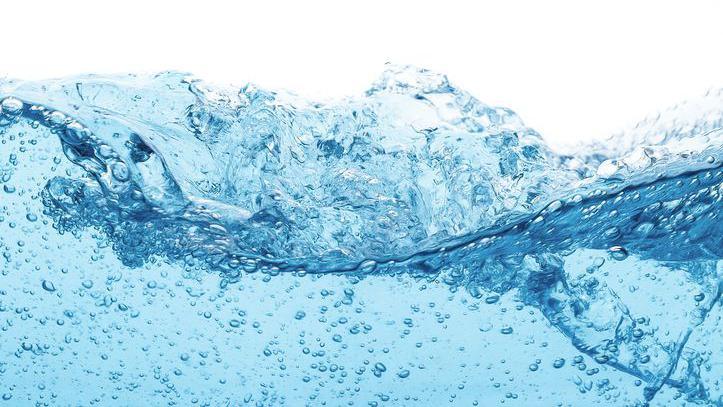
In response to the news, the Liberal Democrats have said they support the Government's decision to scrap the current water regulator.
Environment spokesperson Tim Farron said: "This is a big win for the Liberal Democrats who have led the campaign against the sewage scandal for years.
"Since 2022 we have called for Ofwat to be replaced with a tougher regulator, now finally the government appears to have listened."
However, some campaigners have said the report and recommendations don't go far enough.
River Action said the Independent Water Commission "blinked" when it had a "once-in-a-generation" chance to make major changes.
According to its chief executive James Wallace, the report merely offers "the illusion of change, not real change."
The Consumer Council for Water (CCW) added the industry has "drained" the public's trust because of service failures and poor environmental performance.
